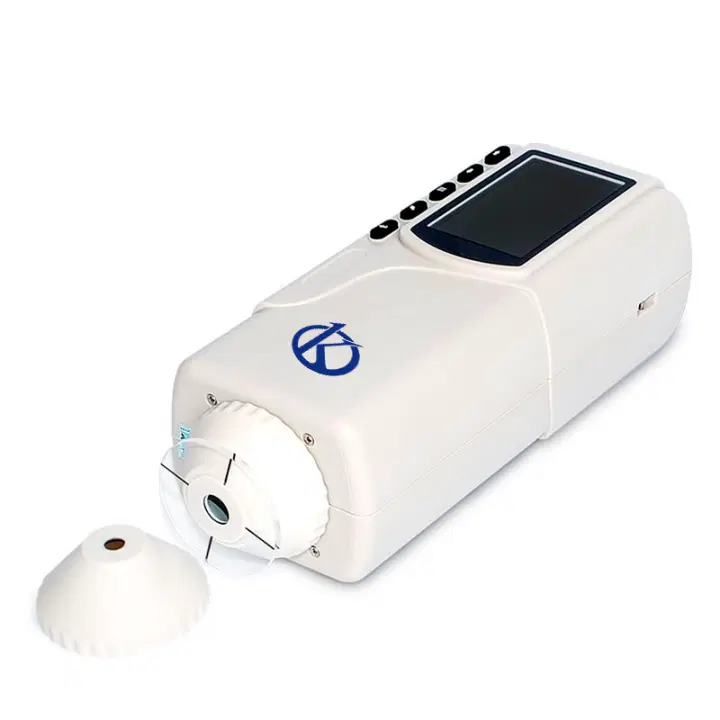Hematology is an important part of clinical practice, as it allows physicians to provide diagnoses based on the evaluation of the non-genomic elements of a blood sample. Hematology analysis, which uses a microscope to look at red and white blood cells, is performed to detect diseases and disorders, such as anemia, leukemia and blood counts.
To perform the blood test, it is necessary to obtain and use the appropriate reagents:
Reagent selection should be done carefully, ensuring that reagents are stocked and not expired; the most common reagents used for hematological analysis are precipitation reagents, hemolysis reagents, complex formation reagents, and oxidation reagents.
Precipitation reagents refer to the formation of a red or yellow precipitate by the addition of an acidic or basic reagent to a blood solution; hemolysis reagents are based on the fact that plasma and erythrocyte behave differently when subjected to acidic or basic extremes.
Other reagents used by specialists for their blood tests are complex-forming reagents
Complex formation reagents are used to identify chemical compounds, such as bilirubin, in the blood solution, oxidation reagents are used to identify carbohydrates such as glucose and insulin.
In addition to the reagents mentioned above, reagents for hemolysis, erythrocyte staining and red cell sedimentation also play an important role in hematological analysis; hemolysis reagents are used for the separation of red and white blood cells by the addition of special oils to the blood solution.
Laboratories should periodically perform reagent control to provide quality service to patients
Erythrocyte staining allows the different types of red blood cells to be observed under the microscope to detect certain diseases; red blood cell sedimentation is performed by placing a blood sample in a test tube and immediately inverting it, allowing the red blood cells to settle to the bottom of the tube.
Quality control is also necessary to ensure that the reagents are suitable for hematology analysis. Quality control consists of selecting lots of reagents that have been pre-tested for use, performing quality control tests, and performing repeat assays to verify the accuracy and quality of the analysis.
Researchers must select reagents with great care in order to generate accurate results
In conclusion, prescribing appropriate reagents for hematology analysis requires a standardized process to ensure the accuracy and quality of the analysis, this means selecting the correct reagents for the different tests, examining reagent lots, performing quality control tests and repetitive assays.
If done correctly, the process of prescribing reagents for hematology testing will contribute to the accuracy of results and confidence in diagnostic leads.
At which manufacturing company will researchers be able to purchase good quality reagents at the best price
In Kalstein as a FABRICANT company you will be able to get the best reagents, just visit our website HERE.
In the link below you can choose the reagent of your choice HERE

